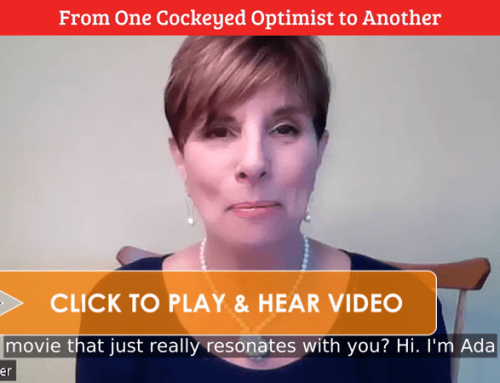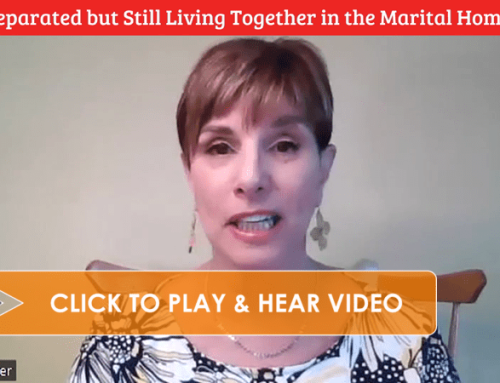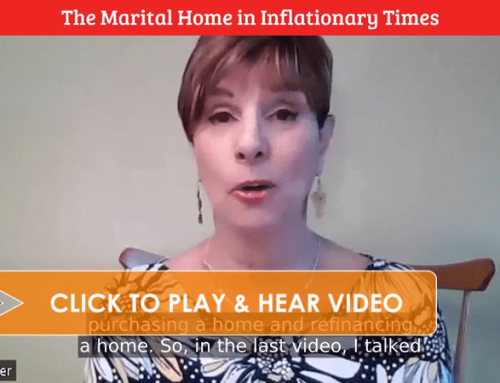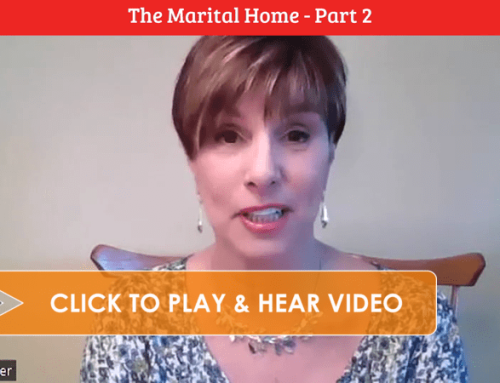In general, mediation is voluntary process in which an unbiased, impartial third party helps people negotiate with each other to create and develop their own agreements. Divorce mediation focuses on the couple, their children and the well being of the entire family as it transitions into a new family structure. In this self -determining process, the mediator, as a neutral party, helps to put the decision making in the hands of the couple by guiding and facilitating the voluntary agreements they make with each other.
In mediation, the parties determine for themselves what is ultimately in their best interest and the best interest of their children. Mediation puts the decision making into the hands of the participants and with the guidance of the mediator the parties work through the issues until they reach mutually agreeable resolutions. The spirit of mediation is that there are no winners or losers, including, of course, the children. It is in this spirit that couples are able to negotiate with each other in good faith and for the welfare of all concerned. In a litigated divorce, each party is represented by an attorney and the lawyers do the negotiating for you.
There is a misleading perception that in order for mediation to work the couple must get along and have their issues worked out in advance. This is simply not true. It certainly helps if the couple has some idea about what they would like to do, but it is not necessary for a mediation to be successful. A mediator is a highly trained professional in conflict resolution and knows how to keep the couple on track, minimize conflict, find common ground and advance mutual interests. Even in cases with high conflict and high net worth couples, many have successfully completed mediation and expressed satisfaction that not only were their needs met but felt relief that the process enabled them to feel dignified and respected.
Mediation does require a willingness to cooperate, full disclosure, and an ability to negotiate in good faith. We welcome couples who may feel uncertain of their ability to mediate together. Our experience has shown us that couples who may fall in that category find that once they come to the table, they are able to talk through their differences, find common ground, and negotiate a workable solution that benefits them both.
After completion of the mediation, a Memorandum of Understanding (MOU) is written up. This is a document that details all of the agreements that have been made between the parties. The MOU can then be converted into a legal document (either a Separation Agreement or Stipulation of Settlement).
How Long Does it Take to Mediate a Divorce?
- Is the Child Support Statute in New York State Still Relevant Today? (video) - April 2, 2024
- Managing Expectations Post-Separation or Divorce (video) - March 6, 2024
- Maintenance and Child Support Re-Visited (video) - February 21, 2024







You are right, in mediation there are no winners or losers because everything gets settled mutually. I believe couples should always prefer mediator over court.